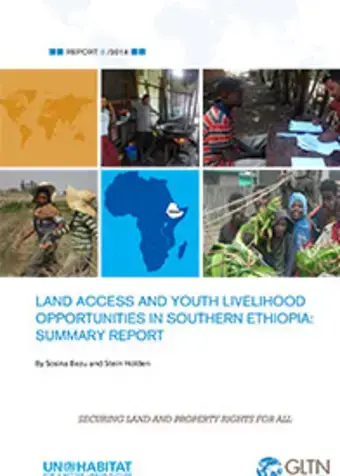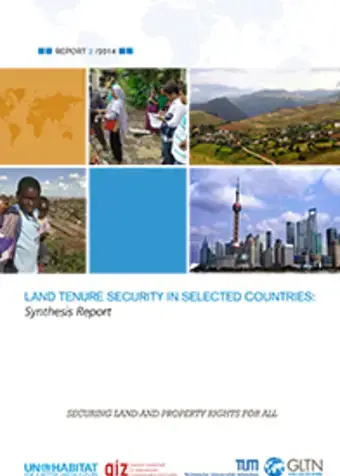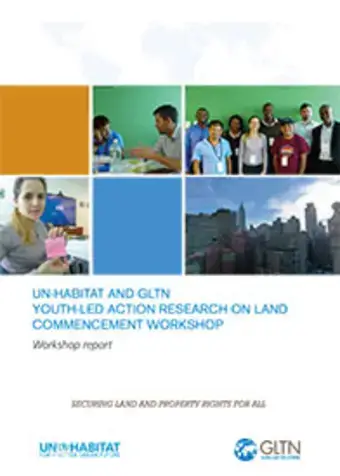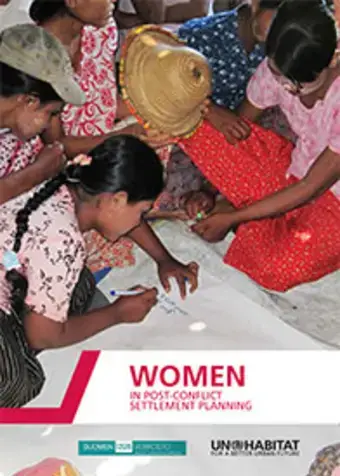Addressing Global Land Challenges’ aims to introduce the land challenges facing the planet, and some of the solutions for creating sustainable cities associated to the land issue.
Too Pressed To Wait - Jane Weru, Executive Director Akiba Mashinani Trust
Jane Weru, Executive Director of Akiba Mashinani Trust, in her lecture “Too Pressed To Wait” discusses the water and sanitation hygiene systems in informal settlements in Nairobi, and how they are causing a strain on both the physical and psychological health of people who live and work in these settlements, in particular women and girls.
Social Tenure Domain Model enhanced in Zambia
Nairobi, 10 October 2014 - A second Social Tenure Domain Model (STDM) training and planning workshop with the Mungule community in Zambia was held from earlier this month to pursue the data collection process in the Model’s pilot work. Pilot activities were launched in an initial workshop that was conducted in July 2014.
The three-day event took place in Mungule village, where the pilot activities are ongoing. A group of 20 community members, the majority of them women, participated.



